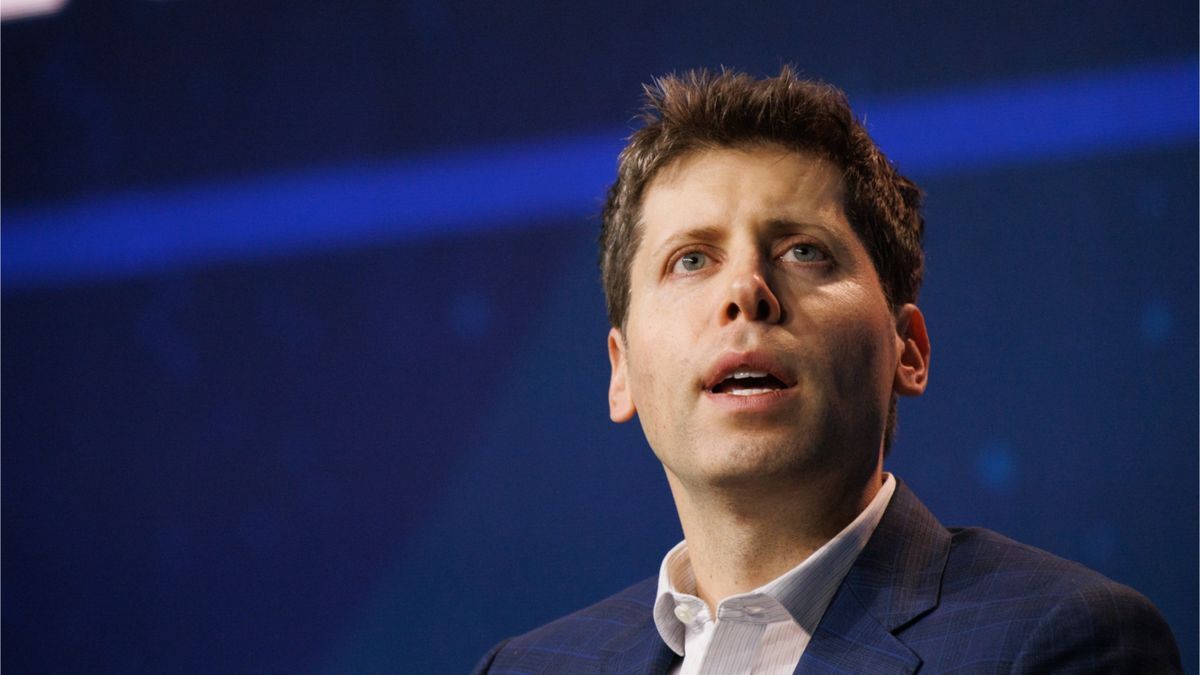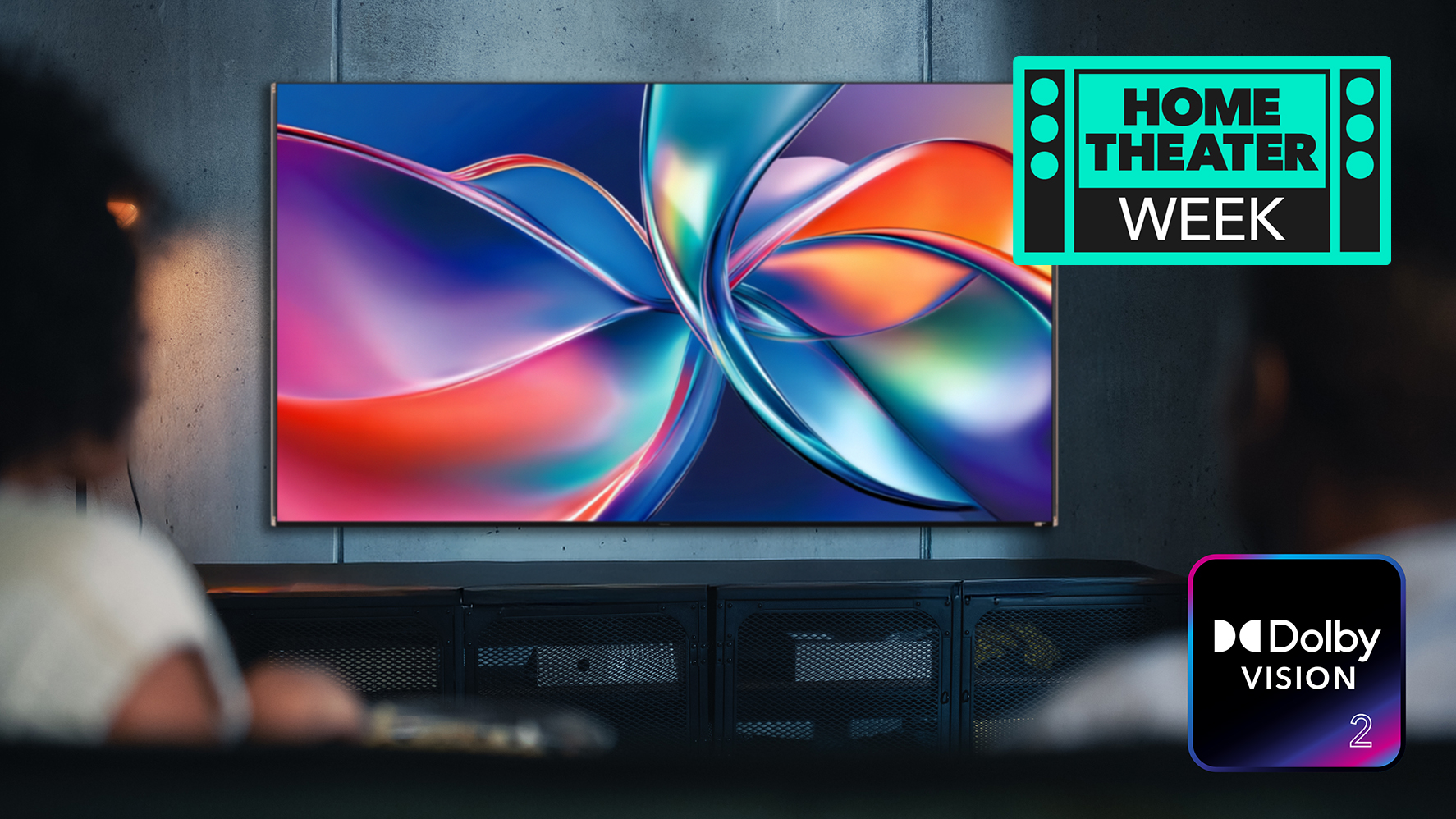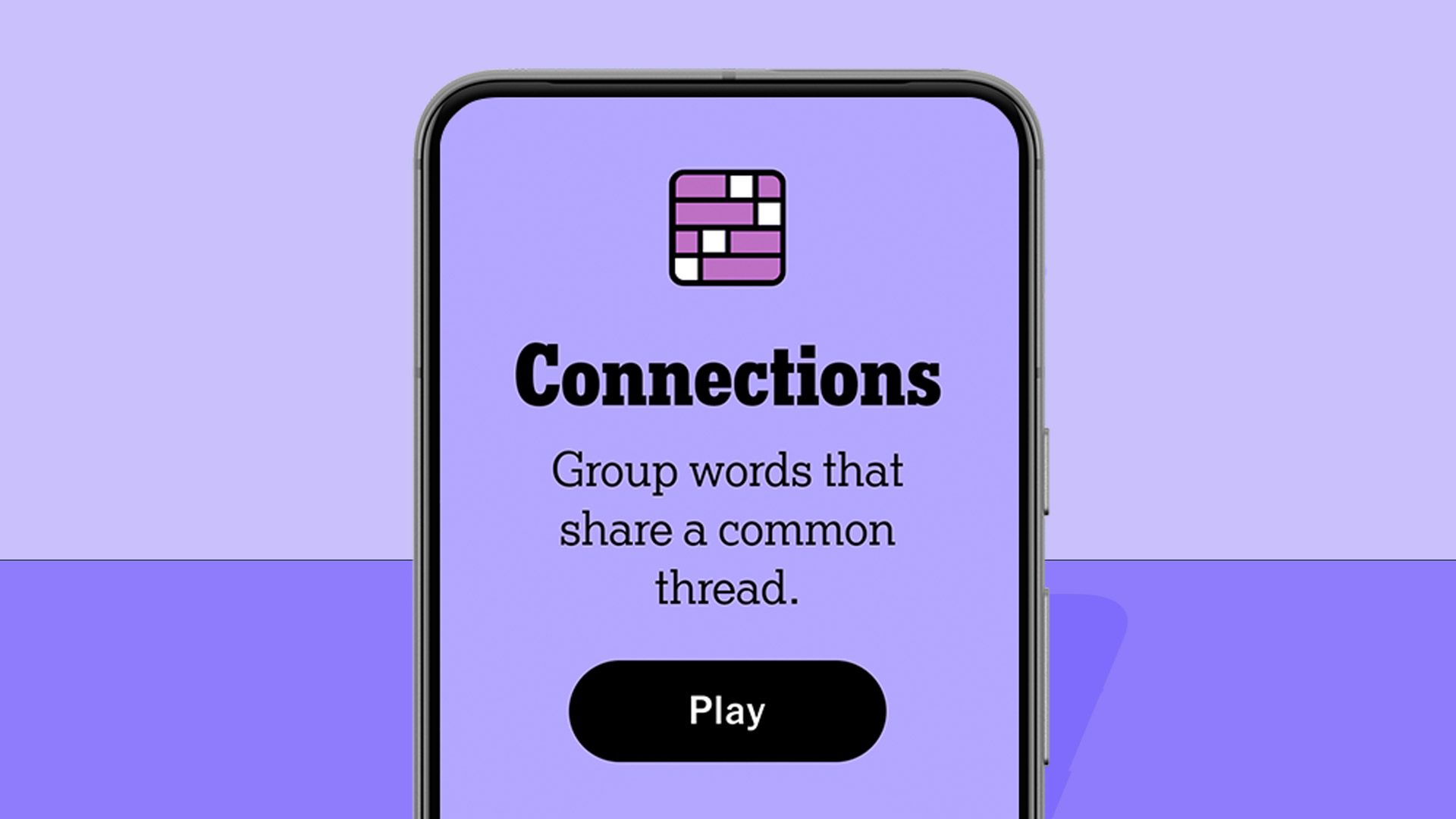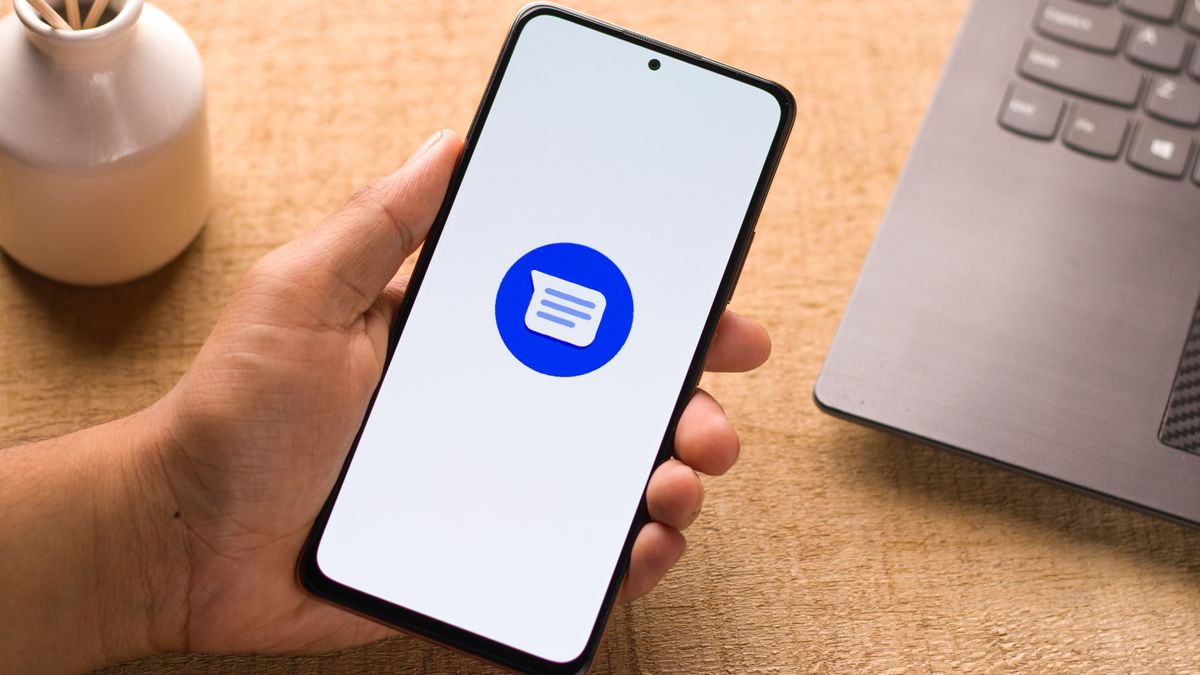Sam Altman, CEO of OpenAI, and Arianna Huffington want to leverage AI to create a personalized health and wellness coach just for you. The pair announced they are forming Thrive AI Health to bring AI-powered expertise to healthy lives tailored to each individual.
Huffington Post’s wellness technology company Thrive Global and the OpenAI Startup Fund, which invests in young AI companies, are funding and building Thrive AI Health, alongside strategic investors including the Alice L. Walton Foundation. The company’s first partners in healthcare include the Alice L. Walton School of Medicine, Stanford Medicine, and the Rockefeller Neuroscience Institute at West Virginia University.
Thrive AI Health seeks to employ generative AI models like those produced by OpenAI to provide personalized health advice that improves health outcomes. Expert-level guidance will include tips on how to improve sleep, nutrition, exercise, stress management, and even social life. The idea is that improving these interconnected behaviors will translate into healthier habits for each person.
Former Google product management leader DeCarlos Love will be CEO, and his experience aligns with the new role. He previously oversaw Fitbit, Pixel Watch, and Wear OS. It’s easy to see the link, as Fitbit and Pixel Watch devices have experimented with coaching advice, even if it doesn’t come from an LLM-based AI coach. However, there’s clearly interest in the idea, as evidenced by the recently announced AI health coach built into the Oura ring.
“Recent advances in artificial intelligence present an unprecedented opportunity to make behavior change much more powerful and sustainable. AI has demonstrated a remarkable ability to assimilate large data sets, extract useful insights, recognize patterns and provide personalized recommendations,” Love said in a statement.
“Thrive AI Health Coach is the product that solves the limitations of current AI and LLM-based solutions by providing personalized, proactive, data-driven advice on the five daily behaviors. In doing so, it will improve health outcomes, reduce healthcare costs, and significantly impact chronic diseases worldwide.”
The dilemma of coaching with artificial intelligence
Thrive AI Health will focus on mental health, cardiovascular disease, diabetes and other chronic diseases. Improving the daily lives of the 129 million Americans affected by at least one chronic disease would be an obvious advantage, especially now that eight chronic diseases are set to hit all-time highs by 2023.
Thrive AI Health claims it can reduce the prevalence of chronic diseases by promoting healthier daily behaviors through personalized AI coaching. The AI health coach will employ a personal context engine that processes each individual’s condition and tailors recommendations accordingly. The AI will be trained using peer-reviewed scientific research, biometric data, lab results, and user goals, the announcement states. This includes the Microsteps methodology and Thrive Global’s content library.
Of course, this kind of coaching, even personalized with AI, has a notable loophole. What good are healthy recipes, exercise routines, and sleep suggestions when you don’t have the resources to buy healthy food or when earning that money means you no longer have time to do it, let alone exercise and get enough sleep?
The AI coach might as well say that the first step is winning the lottery or adding ten hours to each day. Still, even if not all life coaching can be applied, AI models make a personalized approach to health much easier. It could help with overall health outcomes, especially when the coach’s data is applied to medical prognoses.









